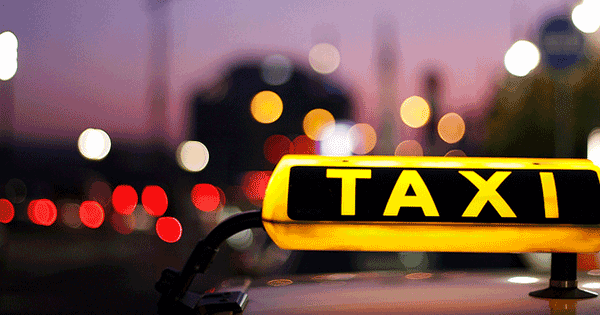
“Uber sucks in Berlin,” I said to my buddy Josh. I was huddling under the awning of a St. Oberholz coffeehouse, trying to keep my daughter and myself from getting soaked in the steady rain that had been falling for the better part of a week. “It always says no cars available.” But minutes after I selected the metered taxi option, one of the city’s ubiquitous custard-hued Benzes pulled up. Uber is banned here, Josh explained. Unlike in France, where traditional cab drivers have gotten violent over the tech company’s “disruption” of their industry, the Germans seem to have found a happy compromise: you can use the app, but only in service of the viable system already in place.
Later that night, we went to Buck and Breck, one of those on-trend spots where you enter through a false façade into a retro-futuristic speakeasy. Our drinks came, and we fell into a deep and uninterrupted conversation that struck me as unusual, although I couldn’t say why at first. I noticed, here and there, patrons lighting analog cigarettes and blowing real smoke. I wanted to Google whether or not Berlin had a smoking ban, but Josh reminded me the bar had a strict no-smartphone policy (which I later realized barely had to be enforced): like smokers in Paris or New York, Internet junkies have to step outside to check their email. My initial inclination was to laugh at the preciousness of it all, but as the night wore on, I realized that the no-smartphone rule was a large part of what was allowing us to talk to each other so intensely. I wanted to jot a note for this column, something I’d typically do on my iPhone. Instead, I asked the bartender for a pen and paper. He happily obliged. By the time I finished, I couldn’t deny the pleasantness of it all—the feeling that through a few well-thought out rules, it’s more possible than I would have thought to make the relentless march of “progress” stop.

